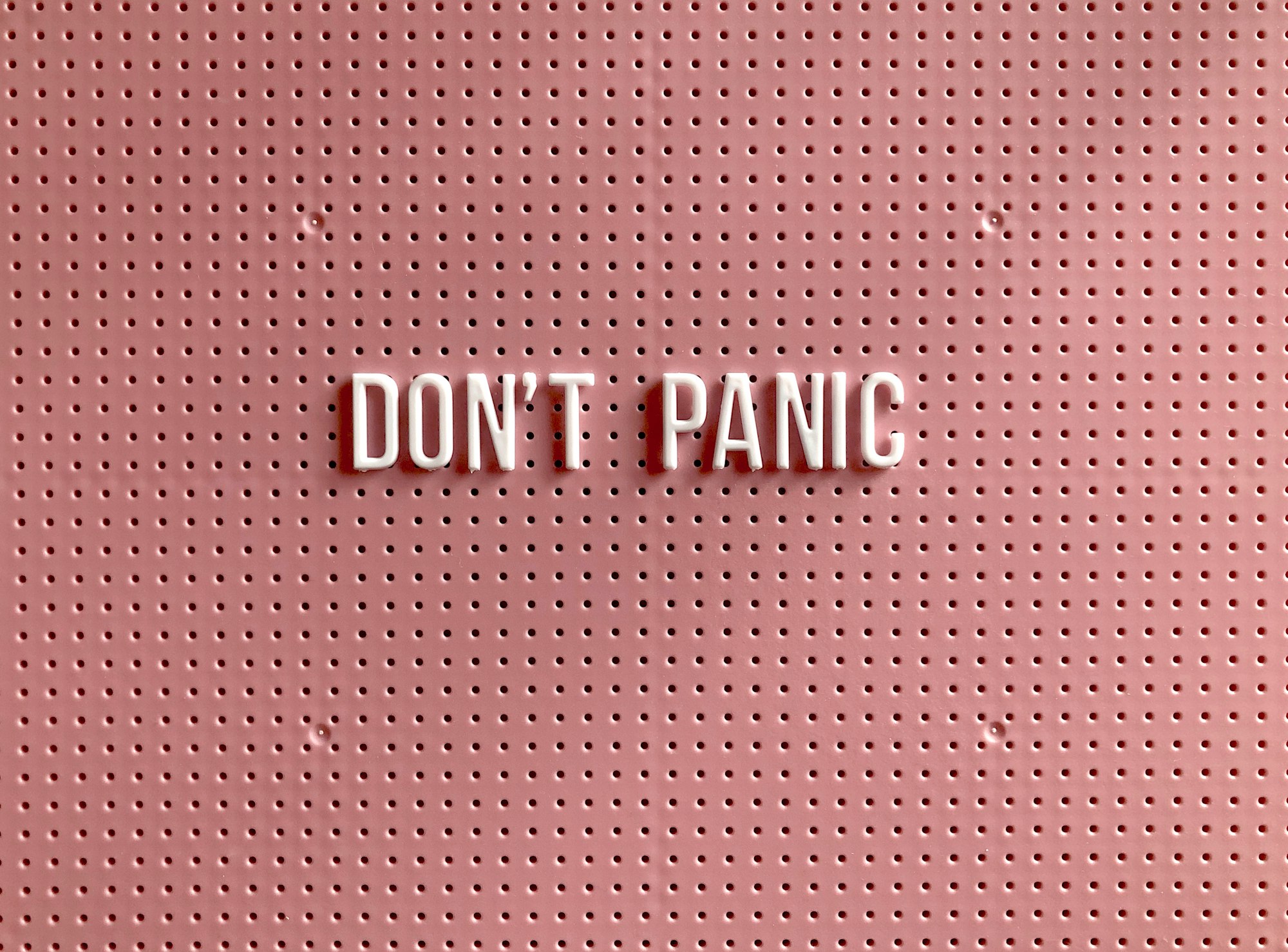Panic attacks are terrifying. Their deeply physical symptoms and spikes of fear can leave the sufferer feeling powerless and out of control, especially if panic attacks happen on a regular basis.
What is a panic attack? Quite simply, it’s the triggering of intense fear that comes on suddenly in the absence of real danger or reason. It’s an intensely physical experience that includes sweating, hot flashes, rapid heart rate, trembling or shortness of breath (and more). Couple this physical experience with a sense of impending doom, and panic attacks can have a critical impact on the sufferer's quality of life.
While many benefit immensely from anxiety medication, there are holistic ways to cope with panic and anxiety as well. Some use these tactics in conjunction with medication, others prefer to use them independently. Either way, these skills can help you overcome and manage your anxiety over time.
- Boundary Setting: What do boundaries have to do with managing my panic symptoms? Everything! Allow yourself the space to prioritize your needs and time will help lessen your anxiety symptoms. Taking on too much, constantly putting ourselves on the backburner, or being the emotional support friend can all contribute to the onset of panic symptoms. This doesn’t mean you shouldn’t stop doing these things, but rather be mindful of your time and emotional boundaries so you can lessen the overwhelm surrounding your life.
- HALT: This acronym stands for hungry, angry, lonely and tired. Aptly named “HALT”, it’s a reminder to be on alert for these enhanced emotional states. Part of this includes being mindful of your body, and paying attention to cues that you’ve been ignoring your foundational needs. Due to the fact panic feels so overwhelming, it’s easy to lose priority of the simple things that make us feel like us.
- Mindfulness: I’ve yet to meet an anxiety or panic sufferer who doesn’t struggle with living simultaneously in the future and the past. This is a one of the protection tactics that anxiety thinks it’s offering you, i.e. “If I predict every outcome, you’ll be safe!” Alas, your anxiety doesn’t realize this isn’t actually helping you anymore. Mindfulness offers you the opportunity to ground in the present moment. This could mean practicing meditation once a day, or using grounding skills to orient you to the present moment. Mindfulness is key in calming down a dysregulated nervous system caused by panic.
- TIPP skills: We love TIPP skills! TIPP stands for temperature, intense exercise, paced breathing and progressive muscle relaxation. Originally made for skills building in Dialectical Behavioral Therapy (DBT), TIPP offers those with panic symptoms an ability to regulate emotions by physically changing the chemistry within your body. This could include: dipping your head in cold water, holding an ice cube, doing jumping jacks, or stimulating the parasympathetic nervous system through breathing techniques. Each one of these actions allows someone experiencing panic to help regulate emotions and return to a state of clarity.
- Support System: Reach out to your supporters! This can mean obtaining a licensed therapist, or identifying trusted people in your life who can work with you to provide you support during a panic attack, and help bring you back to the present moment. We need to allow others in and become vulnerable with our symptoms to return to homeostasis.
Pick one of these skills to try tonight. The most important thing about utilizing coping strategies is that we practice in times of non-crisis, and we rotate skills based on the situation. Like any new skill, practice makes perfect. Allow these five tools to be the beginning of how you overcome panic attacks for good.
Alexa Cordry, LSW, LCADC
You can follow more of Alexa's insight on Instagram @yoursadtherapist
My Help Connect is a verified, independent & factual community for providers & clients created to easily find the best help possible. Connect with My Help Connect's message through multiple platforms:
Instagram: @myhelpconnect
Facebook: My Help Connect
LinkedIn: Company Page & Member Page
Twitter: @myhelpconnect

